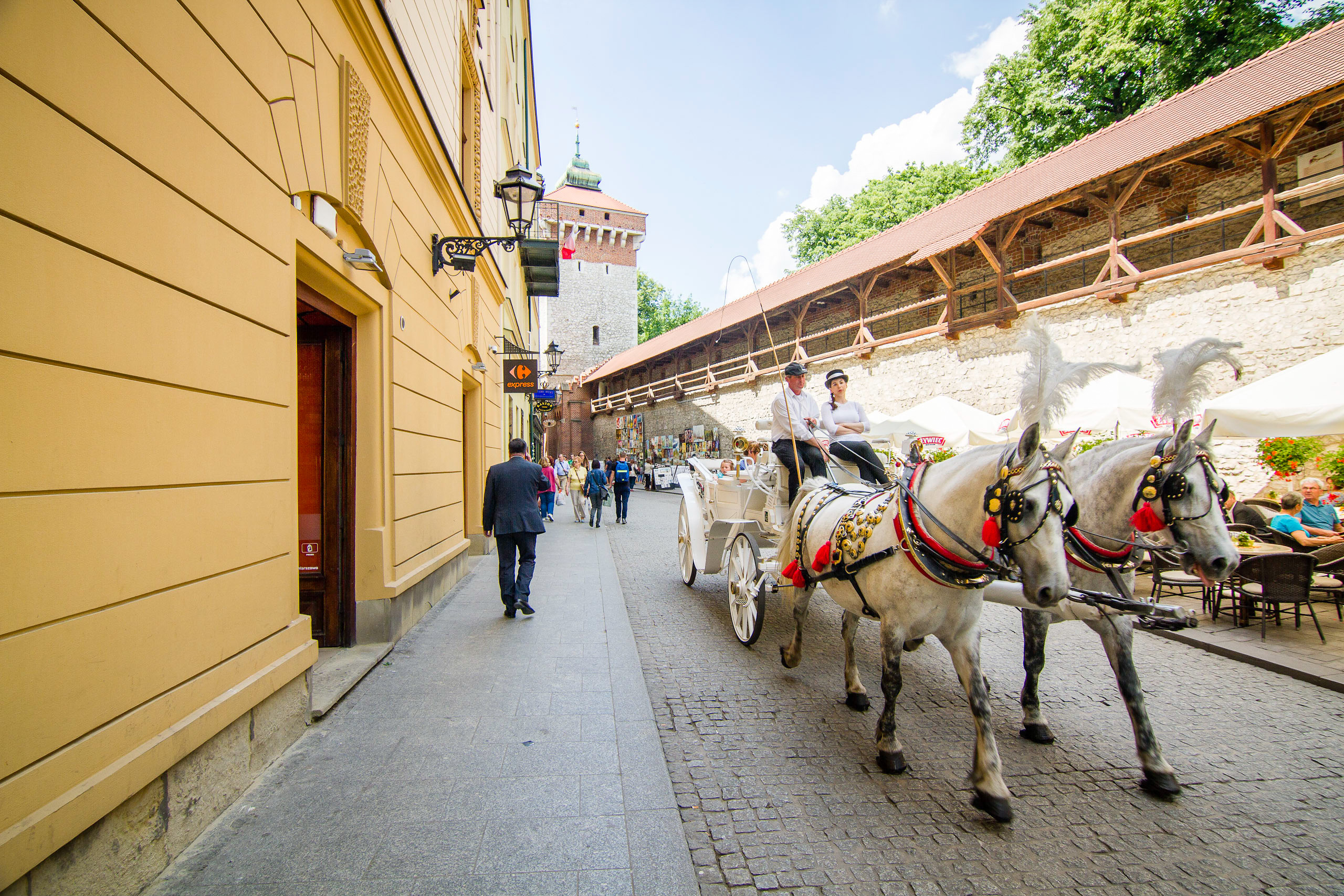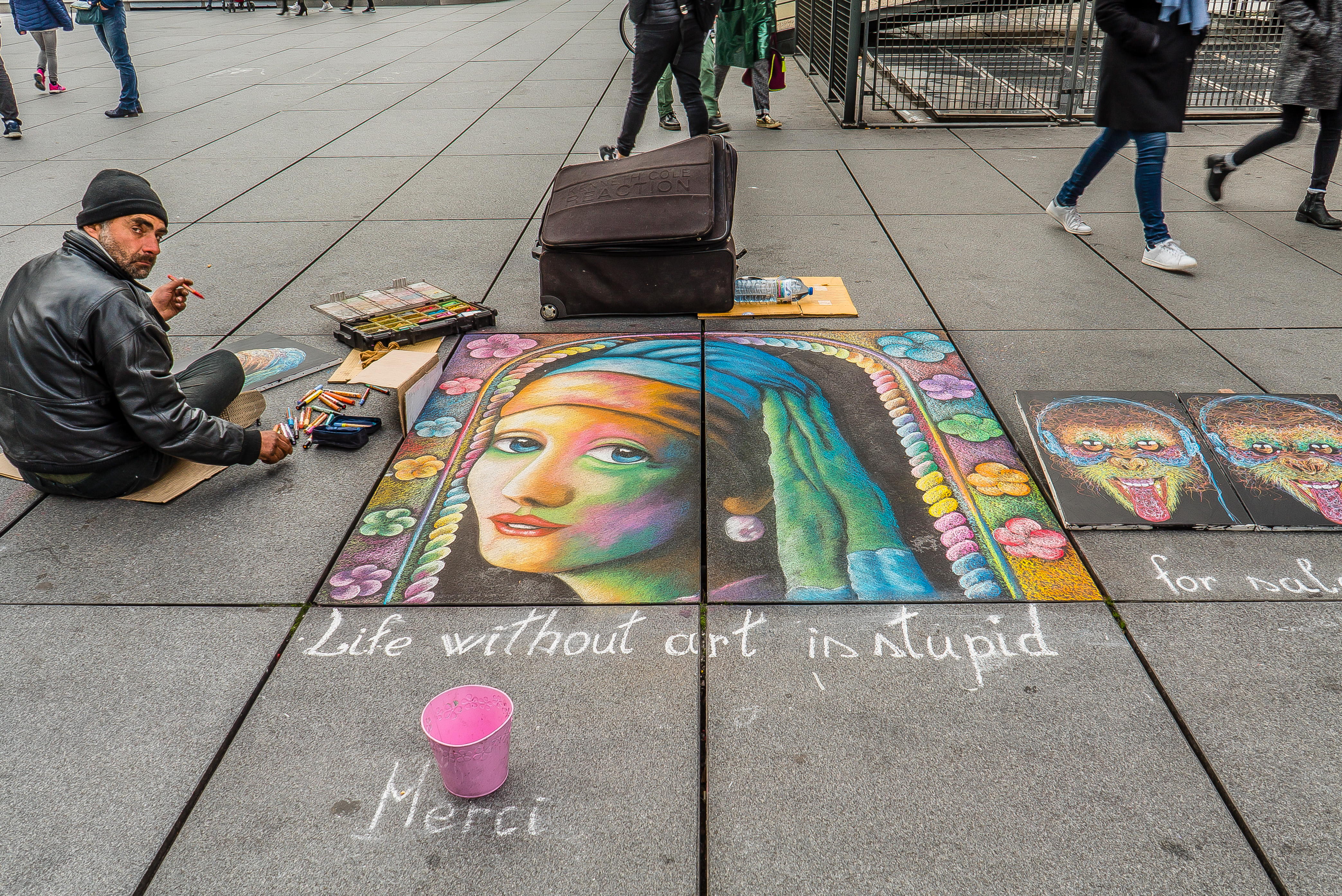I promise I’ll try not to lecture. Anyone that’s followed me on social media or this blog knows I have a deep dislike of bad ex-pats. Often ex-pats are the first, and sometimes only, real-life interaction host peoples have with another country’s citizens. These expatriates become the model for whatever opinions or biases are formed of their home country. This can be a very good or awful thing.
On top of the clear stress of moving to another country, one must deal with the added pressure of being a good Expatriate. An Ambassador for your home country if you will. Assuming you want to leave the place better than you found it and pave a positive road for those that come after you, being a good expatriate should be something you strive to achieve. It’s a conscious and daunting task but one that’s proven to increase the benefits of your stay. Not only from a personal one but a humanistic one as well.
The expatriate may be a retiree looking to live out their golden years in paradise. Or a Peace Corps volunteer providing much-needed education to indigenous peoples. But whatever your position, engagement with the local community is essential. Here we give you a few tips on how to be a good Ex-Pat.
Caveat: These are SUBJECTIVE suggestions and come from my experience living abroad for the last 11 years. Advising others on how to live abroad. Writing articles and books on the subject of digital nomadism, and listening to the experience of other expatriates. With all that said, this is just a blueprint. The TLDR; Be Humble. Be Respectful. Be Helpful. Be Engaged
Learn the Language
Now I’m not saying become fluent. Learning a new language can be a tough and time-consuming endeavor. But at the very least make an effort to learn a few keywords and phrases. This will go a long way with locals. And some may even offer to teach you proper pronunciation and sentence structure. Don’t be afraid to make a mistake. That’s how you learn. Also, don’t get frustrated if someone you’re dealing with doesn’t understand English.
Even for people who have learned English, it’s at times their 2nd or 3rd language. Not taking into account the dozens of different English accents and dialects in Western countries. Personally, I can barely understand half of what Boston or Wales are saying. So be patient. Worst case scenario, download a language app to your smartphone or carry a pocket dictionary. A few key things to learn, are numbers, directions, greetings, food ordering, and your address.
TIP: While I’m a fan of immersive language learning, this can be a bit rough for many. I believe there are a few things you MUST learn before moving to a place in their language.
Numbers to 1000
Asking for Directions (Learn phrases such as “Excuse me, where is…?” or “Can you help me find…?” along with the names of common landmarks or places of interest)
Ordering Food ( Familiarize yourself with basic food-related vocabulary and phrases, such as ordering a meal, asking about the ingredients or recommendations, and expressing any dietary preferences or restrictions you may have.)
Introducing Yourself ( Learn how to say your name, where you are from, and perhaps a bit about your interests or occupation.)
Greetings ( Start with basic greetings like “hello,” “good morning,” “good afternoon,” and “good evening.” Also, knowing how to say “thank you” and “please” can go a long way in showing politeness and respect. Here in Thailand, one of the most important greetings is non-verbal. The Wai. So be sure to learn those as well.
Live With Locals
All too often, expatriates tend to stay together. Forming small “communities” of like-minded people who mainly speak the same language. Avoid this at all costs. Not only is it largely more expensive to stay in an “ex-pat” area, but it also separates you from the locals outside of those who are wealthy or in the service/hospitality industry.
Find an area that locals mainly inhabit. For a time, you’ll be the novelty with people looking at you with curiosity. But after some time they’ll get used to you and you to them. And that’s when the fun starts. You’ve truly become a part of the community when vendors refuse to serve you unless you order in their native tongue.
Can’t find a Starbucks? Good. Visit a local coffee shop where you can’t read the menu. Can’t watch your favorite tv show? Good. See a local band or cultural performance. Embrace what’s new and different. Taking a bit of home with you is fine. But closing yourself off to new experiences isn’t a good way to make the best of your time.
TIP: I always suggest moving to a local area adjacent to an ex-pat one. While “jumping in the deep end” is a viable option, it’s a bit much for many. Areas that are adjacent still have the local community you’re seeking, but they’re also used to interacting with foreigners. Making your transition a bit easier.
Celebrate Local Holidays and Celebrate Yours
Where you relocate may have vastly different customs and courtesies than you’re used to. Be sure to celebrate these holidays with the locals. Songkran, Thai New Year, is a fantastic water festival that Thais celebrate by having a country-wide water fight for about three days. Semana Santa, Holy Week, is an all-immersive celebration in Spain that tends to be a bit more intense than in the US or the UK. The Day of Reconciliation, celebrating the end of Apartheid in South Africa is a reflection of history and progress. By celebrating local holidays, you’re given an intimate look into a culture and people you otherwise may not have. If invited to participate, study. Learn about the customs and traditions. And don’t be afraid to ask questions.
Something many expatriates don’t do is celebrate their holidays in a foreign land as they would at home. But this is a mistake. Thanksgiving, for example, is an American holiday. And for many families, it’s a crucial one. Celebrate Thanksgiving with your new friends and teach them what it means to be thankful. You’ll be surprised how much fun this cultural exchange can be.
TIP: Holidays like Christmas (In Christian countries), New Year’s Eve, and to an extent Halloween are celebrated around the world. The fun part is seeing how other cultures celebrate them. Holidays like Songkran in Thailand, the Day of The Dead in Mexico, or Carnival in Brazil are unique cultural experiences you really should see.
Don’t Complain
One of the worse things you can do is complain about your host country. Sure, everything won’t be perfect. But complaining about it will only make you appear to be an entitled foreigner. Last of all, politics. For all intents and purposes, you’re a guest. An outsider to the history and culture of your newly adopted home. And likely on a temporary basis. You largely won’t have the breadth of knowledge to make an informed opinion on the current state of politics. Not to mention, you might get yourself into legal trouble.
Consider yourself a guest. In Western society, it’s bad form to enter someone else’s home to complain and criticize them and it. The same goes for other countries.
TIP: Listen to understand, not to respond. Engage with locals to understand why things are the way they are. This is not only give you an understanding of the community that’s more nuanced but prevents you from putting your foot in your mouth.
Contribute to the Community
Giving back can be a great way to not only meet your local neighbors but also learn about the host culture. In many places animosity towards the “Great White Savior, “ complex exists. So be careful not to come off as critical or condescending to locals. Offer help in areas you have experience.
For example, if you practice martial arts then offer classes to local kids. A very common way to give back is by volunteering at an English school. When all else fails, reach out to local religious and charity groups you might be familiar with to give you advice on ways to help your new home.
TIP: Even if you’re not a religious person, religious institutions tend to all have a charitable arm which welcomes all the help they can get.
Don’t Abuse Your Privilege
As a foreigner, and in many cases a financially well-off one, you have inherent privilege. Be careful not to abuse it. The local community isn’t there to serve you even if it’s their job. Treat people with respect and decency and they’ll do the same to you. If possible, use your privilege to bring light to things that may help your host country.
TIP: Always remember you’re a guest in someone else’s home. Behave as you wish guests would in yours. When in doubt, just find an older local woman. She’ll usually be happy to teach you your place.
Smile Like You Mean It
Above all else. Smile. This seems simple, but all too often I’ve seen frowning and apathetic-looking foreigners. Now I know, not everything can be rainbows and sunshine. But know this, people respond better to a positive appearance than an angry, negative one. A smile transcends language barriers. Use it often and without reservation.
The best part of moving to another country is learning. Learning about yourself and others. Without the willingness to learn from others you might fall into the “bad” ex-pat category. These tips are only meant as a blueprint to get you started on your path to leaving your host country better than you found it. And who knows? Maybe your actions will someday help us all transition into a society where borders become obsolete.
Do you have any suggestions on how people can be better Expatriates? What do you as a local wish to say to those moving to your home country?








